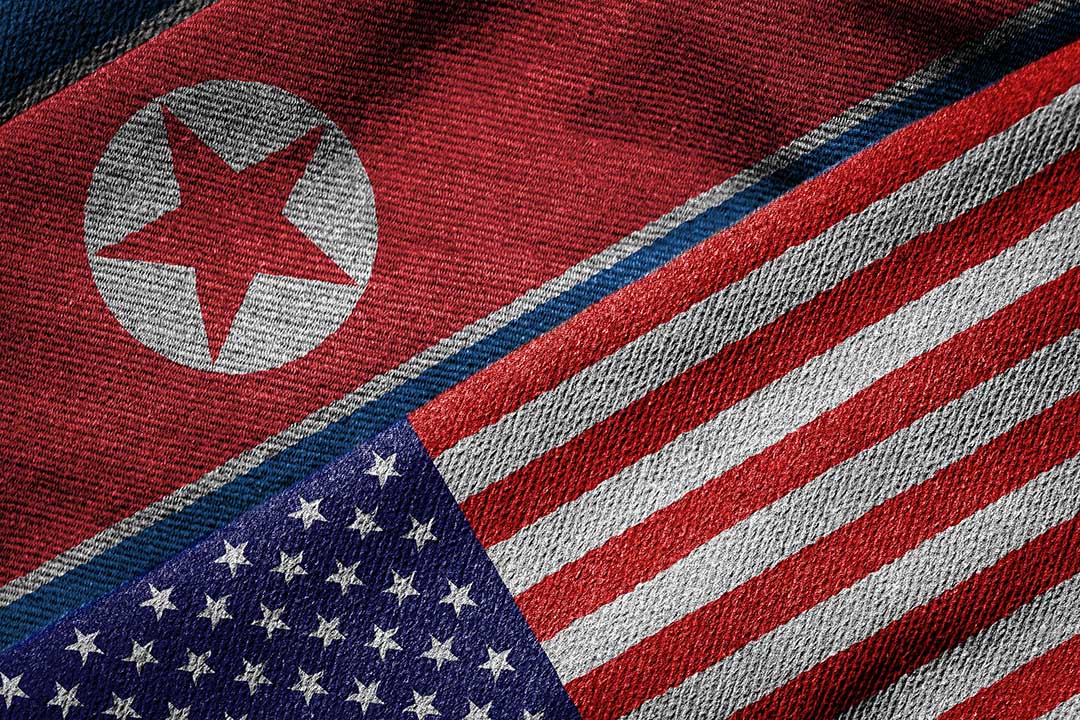Bonnie S. Glaser is a senior adviser for Asia and the director of the China Power Project at the Center for Strategic and International Studies, where she works on issues related to Asia-Pacific security with a focus on Chinese foreign and security policy. Prior to her appearance at the Aspen Security Forum, she has agreed to answer our questions on China’s role in the ongoing North Korean nuclear crisis.
The president has repeatedly called upon China to help counter the nuclear challenge posed by North Korea. Should they resist, can the US take on this threat alone?
The US should continue to seek Chinese cooperation to counter the growing North Korean nuclear threat, but it can and must act unilaterally if Beijing does not deliver. China’s compliance with UN Security Council sanctions capping coal imports from North Korea should be welcomed, but this is not sufficient. The Chinese must shut down banks and front companies operating in northeast China that enable North Korea to engage in illicit activities. From 2009 to 2016, North Korea used the Chinese banking system (including Hong Kong) to process approximately $300 million in illicit financial transactions through the US financial system.
What are some ways the US can pressure China into taking action against North Korea?
The US Treasury has tools it can use to fine Chinese banks. By doing so, it will force those banks to end their business with North Korea or lose their access to the US financial system. The Trump administration’s proposed designation of the Bank of Dandong as a financial institution of primary money laundering concern pursuant to Section 311 of the Patriot Act and its sanctions on a Chinese shipping company and two Chinese nationals are important initial steps in this regard. But this is just the tip of the iceberg as there are many more Chinese banks and front companies that continue to help North Korea circumvent UN sanctions.
What would be the regional implications of US-backed regime change in North Korea?
Gradual regime change in North Korea might be attempted through peaceful means, such as an information campaign that exposes North Koreans to the truth about their impoverishment and the prosperity that their brethren in the ROK enjoy along with billions of others around the world. If regime implosion led to unification under South Korea, the regional consequences would likely be less destabilizing than under scenarios of regime change through use of force. The current ROK is government is unlikely to support regime change through violence, and if the US acted alone it could lead to a rupture of the US-ROK alliance. Any US military strike on North Korea risks a potentially devastating retaliatory attack on South Korea. China’s reaction would depend on many variables, including its calculus of whether Chinese intervention could keep North Korea intact.
Our diplomatic relations with China are further complicated by their territorial claims in the South China Sea. What role does that ongoing dispute play in the North Korea crisis?
The Trump administration has wisely not linked Chinese behavior in the South China Sea to the North Korea crisis. The Trump administration conducted freedom of navigation operations in the Spratly and Paracel Islands in May and July respectively, demonstrating its resolve to enforce freedom of navigation in the South China Sea. Chinese construction of seven artificial islands and its transformation of those islands into military outposts over the past few years poses a potential threat to regional stability. A whole-of-government strategy is needed to reassure our allies and partners while deterring China from taking coercive actions against its neighbors and preventing the Chinese from exerting greater control over the South China Sea.
As someone who works in a largely male-dominated field, what advice do you have for women who are pursuing careers in security?
Master your subject matter; become an effective writer and public speaker as early as possible in your career. Seek career advice and opportunities from other accomplished women as well as enlightened men in national security. Network with a broad range of people in your field, both junior and senior.
The views and opinions of the author are her own and do not necessarily reflect those of the Aspen Institute.


